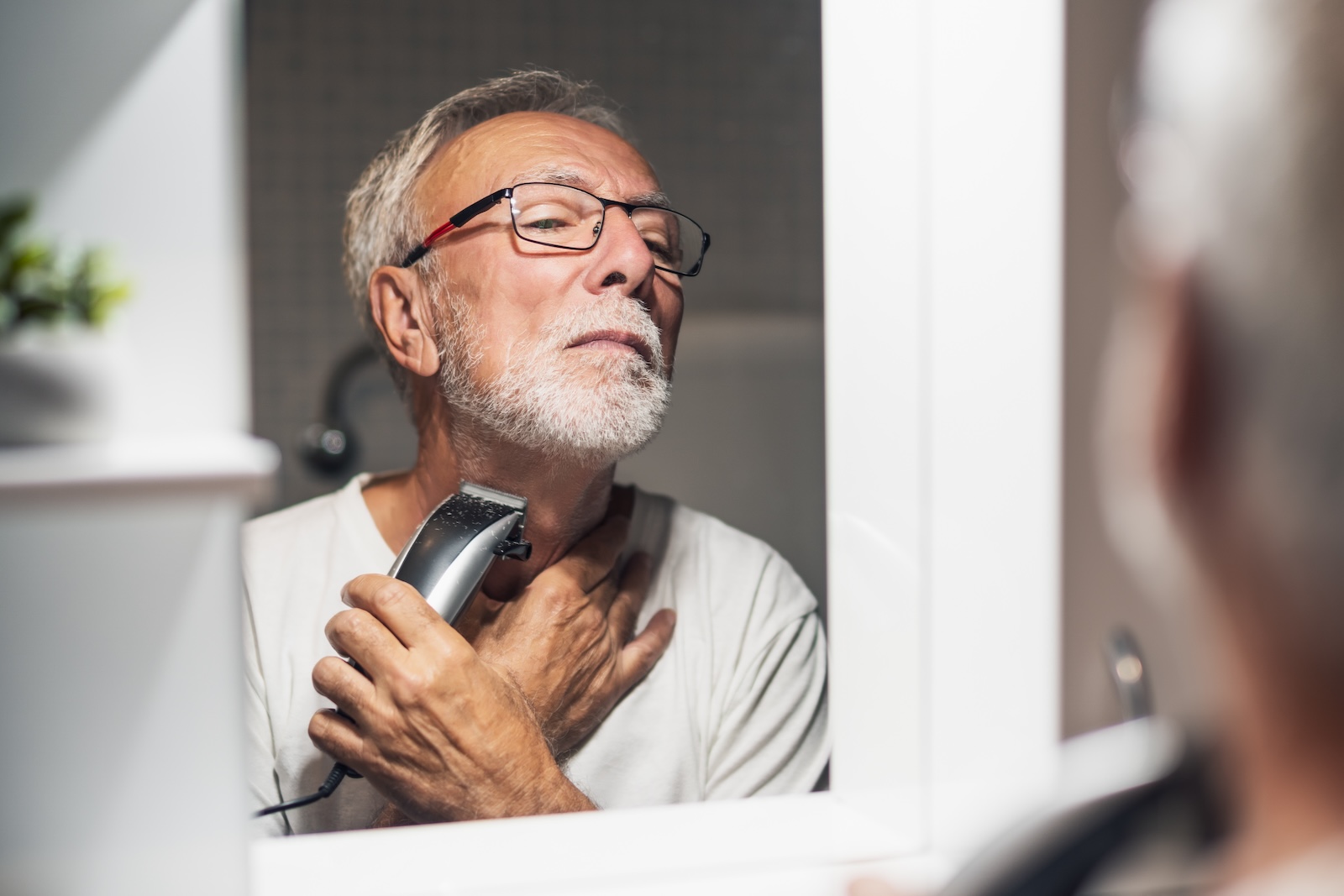Magazine
Is Coffee Good for Your Skin? The Pros and Cons

Whether you like yours strong and black, with warm milk on the side, in a cup to go or with a fancy cinnamon/nutmeg topping – we all love our coffee. However, as much as we need our daily dose of caffeine, its reputation is somewhat controversial. But was does it actually do, that is, what happens in your body after that very first sip?
Other than giving you that kick in the morning, caffeine affects many organs, but mostly, it has an impact on your brain. It in fact blocks that natural chemical in your body that causes you to feel fatigued; in other words, it postpones tiredness while increasing your blood adrenaline. It can take up to one hour for one cup of coffee to kick in, and about 3-5 hours for the effect to wear off, depending on your body’s metabolism.
Though caffeine normally only has short-term effects, over a period of months or years of regular coffee consumption, might have a lasting effect on different organs. The most prominent of which, that’s right you’ve guessed it; your skin. Yet, not all side effects are necessarily negative, which is why we’ve put together a list of pros and cons that you can keep in mind for your next coffee order.

Caffeine has an impact on your brain
Pro: Coffee Skin (bring the life back to your skin)
If you’re battling with dark circles under your eyes, while caffeine may alleviate your fatigue, it is also known for dilating blood vessels and boosting your blood circulation. Furthermore, caffeine is known as an anti-inflammatory ingredient. Thus, caffeine can assist in reducing puffiness, relieve soreness and generally speaking, re-energize you and your skin in countless ways.
Con: Not Coffee (anything that you might be adding to your coffee)
There are very few people who like their coffee straight up clean – that is, without sugar or milk. But an excessive use of these ingredients might be harmful to your skin. Studies have suggested that hormones in both milk and sugar might have a part in triggering acne. This is not to say that you should avoid them completely, but for the benefit of your complexion – choose your portions wisely.

Hormones in both milk and sugar might have a part in triggering acne
Pro: Smooth Your Wrinkles (and fatigue) Away
Despite preconceived notions, several studies suggest that coffee has anti-aging effects on your body and skin. More specifically speaking, is has proven to decrease photoaging effects, which include; wrinkles, pigmentation, dryness, rough skin, loss of skin tone, and many others that you would definitely rather avoid. If this wasn’t enough of an encouragement to sip that coffee, we don’t know what is.
Con: Don’t Sweat it (but you will, because – coffee)
With the effect of an increased blood circulation, there is also a heightened production of stress hormones. In other words, your cortisol levels are rising, causing your sebaceous glands to secrete more oil and therefore, have the potential of inducing more breakouts. This is not to say that coffee causes acne, but it can irritate an existing condition. The safest way is to keep close track of your acne condition.
Pro: Rub it in (yes, there are other ways to use coffee)
Did you know that coffee can be beneficial in other ways other than drinking? Bear with us for a moment, but coffee beans can be used as a natural exfoliation ingredient, and have been proven to smoothen, lighten and rejuvenate the skin. It also recommended that you use a DIY coffee based remedy to alleviate sun burns. In short, after you finish using those filtered coffee grains, do yourself (and the environment) some good, and reuse them to treat you complexion.
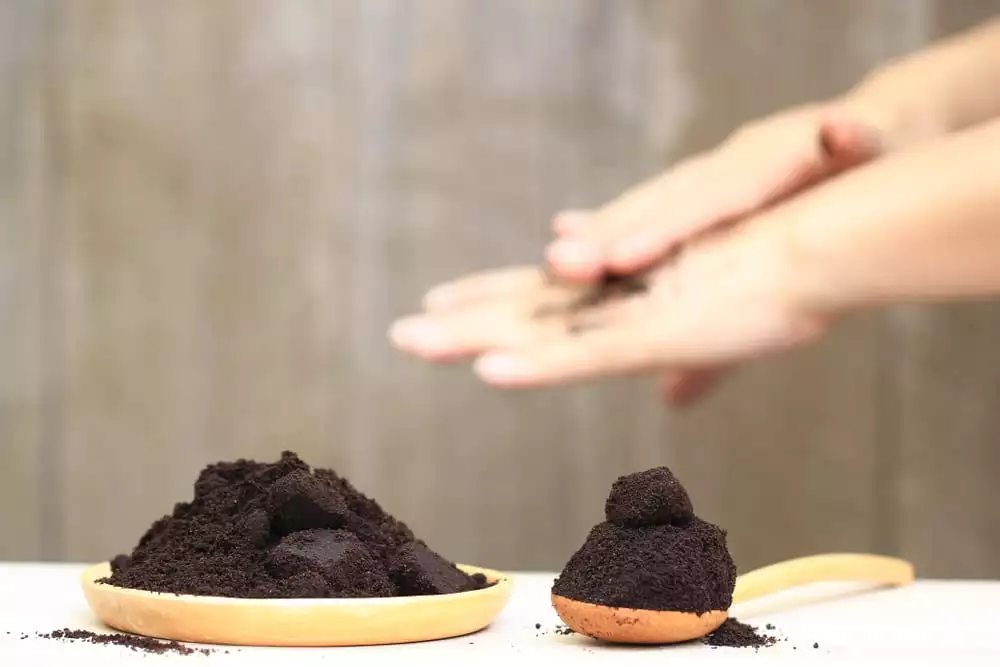
Did you know that coffee can be beneficial in other ways
Con: Energized but Dry (how coffee might cause skin dehydration)
Though indeed a beverage, the caffeine in that cup of jo is a known diuretic; in other words, it dehydrates your body and consequently, your skin. Dehydrated skin can cause irritation, roughness, scaly skin, redness, and even accelerate aging processes. This might seem contradictory to the anti-aging effects coffee may have – but the key to everything is a proper balance.
Bonus Pro: Cellulite (men can have it too)
While cellulite is considered to be a condition that is exclusive to women, men in fact suffer from cellulite too. True, this is not a facial skin concern, but it’s one more reason to drink your coffee with peace of mind. As caffeine is rich with antioxidants and dilates blood vessels, it assists in tightening your skin – a positive affect to aging skin as a whole.
So, to Drink or Not to Drink?
Well, the answer is yes and no; yes, drink with moderation, no, you don’t have to give up on your coffee. Consumed in high doses (more than 5 cups a day) coffee can have a harmful effect. Used wisely, however, coffee has a rejuvenating and revitalizing impact. This is not to say that you should rely on coffee alone for your skincare regimen; there’s nothing like a thorough skincare routine. But just in case you were wondering what else you can do for your skin – don’t skip that morning brew.
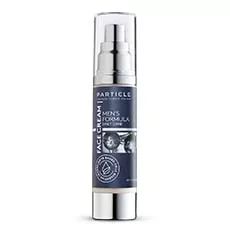
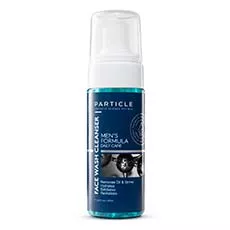
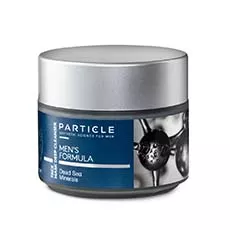
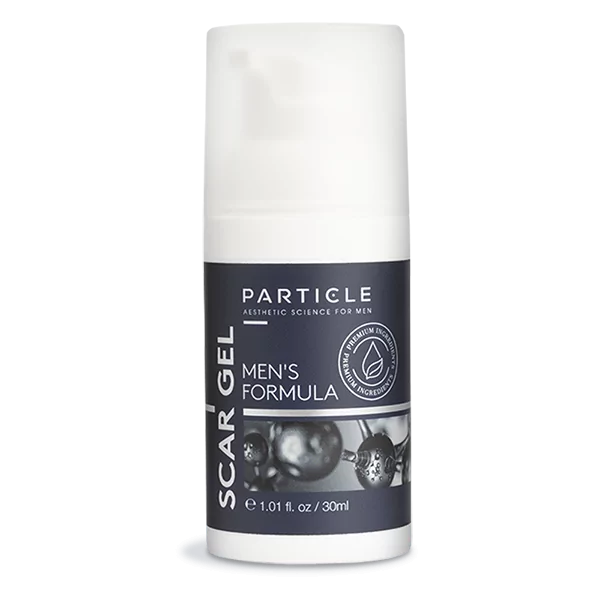
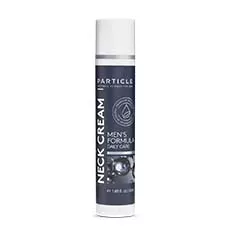
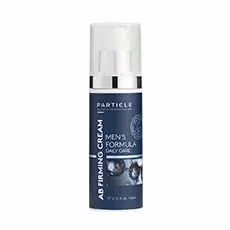
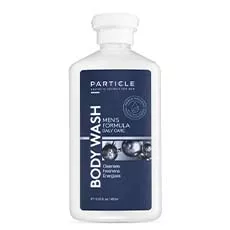
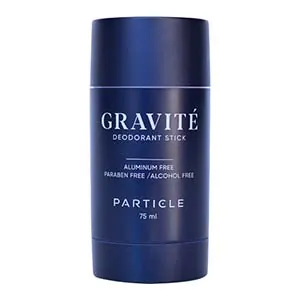
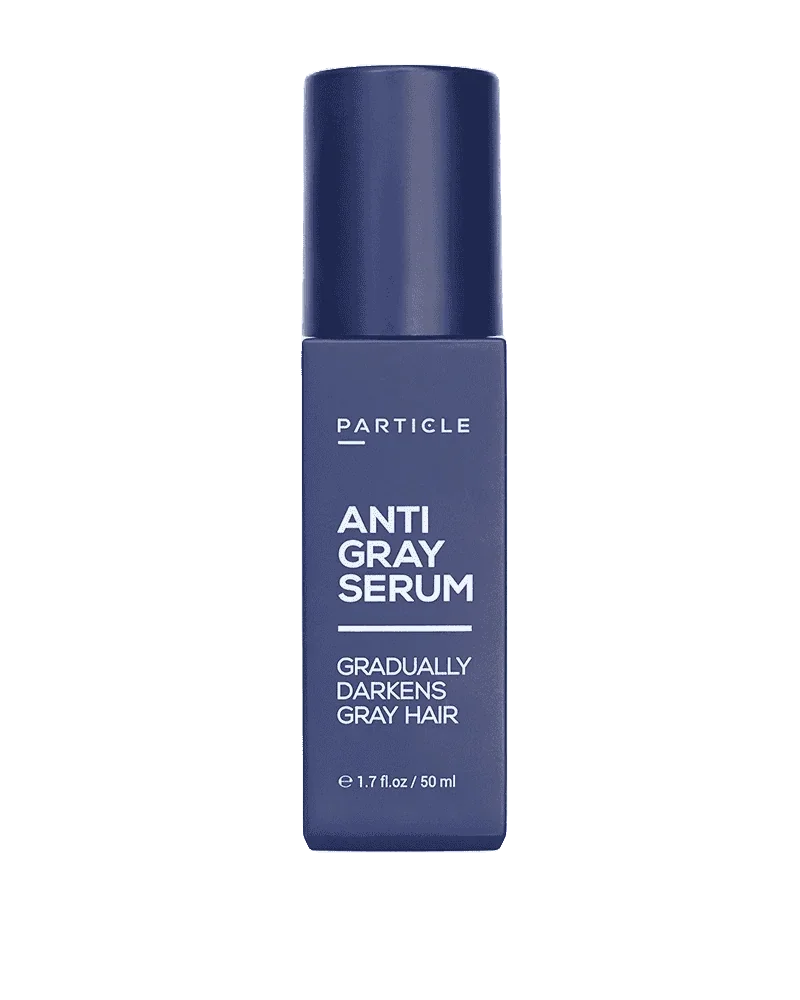
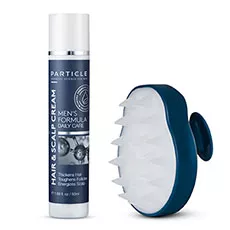
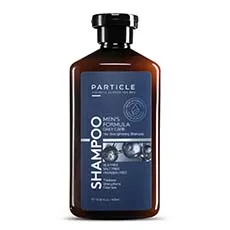
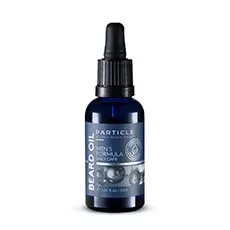
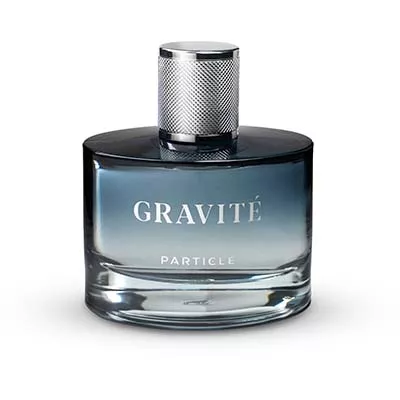

 gb
gb













